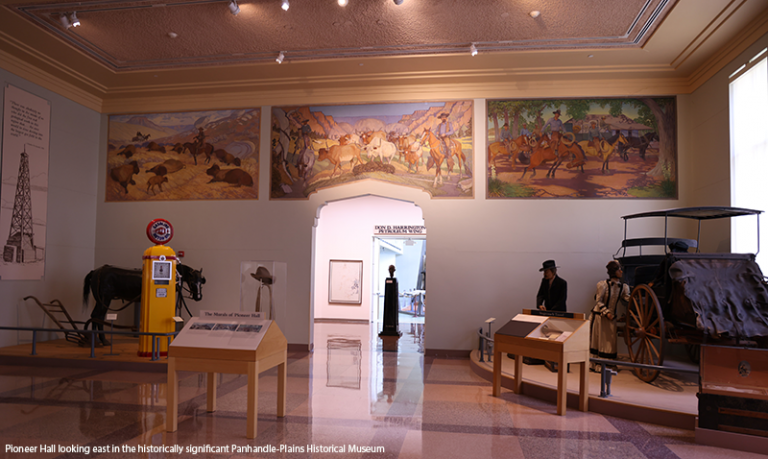Recent reports give some interesting examples of politicians who have made a leap of faith into leadership roles in the academic community. Some are cataloged nicely in a recent Politico piece.
Bob Gates, President Emeritus of Texas A&M University and former Secretary of Defense for two presidents, went back and forth between the political and the academic environments. By some accounts he did an excellent job in both settings. Not everyone would agree to be sure.
Mitch Daniels, who hit the ground running as president of Purdue University, encountered conflicts, some self-inflicted, and weathered some difficult early days. More will likely follow. No one can argue that Mitch Daniels is not a quick study, the very trait that made him successful at a challenging time as Governor of Indiana and at his appointed service to the Office of Management and Budget.
Janet Napolitano has taken over at the University of California, a system that has been a model for the academic world. Many states and nations have built academic policies around the ship that Napolitano currently captains. Napolitano owns a record as governor that includes: securing funds for higher education, the ability to navigate the Statehouse, and wounds and calluses from hand-to-hand combat in Washington DC. My guess — she will do a good job at the University of California — less for her political relationships than for her intellect.
David Boren may be the granddaddy of the transition from public elected life to public appointed life in the academic world. It’s fair to say that Boren has been responsible for a renaissance at the University of Oklahoma. And, he is no dolt: He is another quick study, with a steel-trap mind, a PhD in American history from Yale, elected Phi Beta Kappa, and willing to get into the work with both feet.
Ken Starr’s jury is still out on his impact at Baylor. He has taken actions over the last few years that show a keen mind, a flexible approach, and the ability to both placate complex interacting forces and to simultaneously look ahead.
Say what you want about any of these individuals, they are all smart. They have taken leadership perspectives in civic roles that have split the electorate; but they deemed service to nation, state, or agency as paramount. They all contributed to bodies of thought in diverse ways by generating and promulgating ideas, and, regardless of partisan perspective, they lead with their heads and hearts.
Not everyone who has moved from politics into academic life can make these claims. Some value patronage over insight, favors over big ideas, and spoils rather than speculation and action on positive futures.
Moreover, leaders from different points on the political spectrum had impact as elected officials after stints in university leadership.
Woodrow Wilson was president of Princeton University, and the only president to have a PhD. He moved first to be governor of New Jersey, then was elected as President of the United States and became leader of the progressive movement. Some see the progressive movement as the bane of modern existence. Others heralded it as the great leveler of the field with its call for a more open world, and a more efficient, professionally managed government. Wilson was a leader in every aspect of the word. Rightly or wrongly, he sponsored the League of Nations and was awarded the 1919 Nobel Peace Prize for that effort. He possessed a sharp mind and a keen sense of the future. Some of his positions were questionable by almost any standard, but he led.
Dwight Eisenhower, as a five-star general, and the Supreme Commander of the Allied Forces in World War II, could legitimately be argued to be the man whose leadership left the planet intact at a time when it seemed on the precipice of the pit of hell… No small feat. He left that work to become president of Columbia University from 1948 through 1953 in the midst of demands to be active in U.S. domestic and foreign policy. He too was a great writer and understood the purpose of the University better than many academic leaders do in the 21st century: “The principal purpose of education is to prepare the student for effective personal and social life in a free society. From the school at the crossroads to a university as great as Columbia, general education for citizenship must be the common and first purpose of them all.” No mention of jobs, (an effect, not a cause) service, or meal tickets, but the power of an educated citizenry as first cause and primary purpose of a free society. His leadership skills in military, academic, and civic life are indisputable.
Bobby Jindal, current Governor of Louisiana and vice chairman of the Republican Governors Association, is the most active current case. When president of the University of Louisiana System, this Rhodes Scholar worked for two brief years and made, by many accounts, a positive impact on higher education in Louisiana. His understanding of higher education issues should help the state work through tough budget issues. Time will tell.
Successful university leaders, who transition to or from public office into universities, demonstrate an eternal truth: Leadership is leadership, and always the result of intelligence directed towards solving problems.
Political leaders who lack vision and strength — commonly referred to as intelligence — will be neither successful elected officials, nor university presidents.







Loved this article Walter! Thanks for the clarity.
Yes, this is a very insightful article. Due to past experiences, I’m hoping that the Board of Trustees may pass a resolution barring any former politician from holding any higher administrative position again on this campus. But, as you note leadership is leadership. I don’t know if Eisenhower ever had a PhD but by all accounts he was an effective President of Columbia University also photographed by young Stanley Kubrick for LIFE. As James Jones noted in WWII, Generals became the equivalent of corporate executives in that conflict.
However, now that SIUC may be facing a further deficit due to a recent court ruling resulting from a former President not removing one higher administrator to avoid this situation as he did for two predecessors (one of whom was competent and effective), one questions the wisdom of the practice. This person was accepted to get money from the State for education due to presumed political connections. Patronage rather than qualifications dominated, the result being virtually no money for education and plenty for sports and non-essential buildings. Due to this misguided appointment we are paying the price in more than one sense today resulting from the appointment of an individual who lacked both leadership goals and any sense of higher education regarding students as “customers” and the goal being “a meal ticket to the middle class.” Perhaps the person should have been President of a Community College instead?